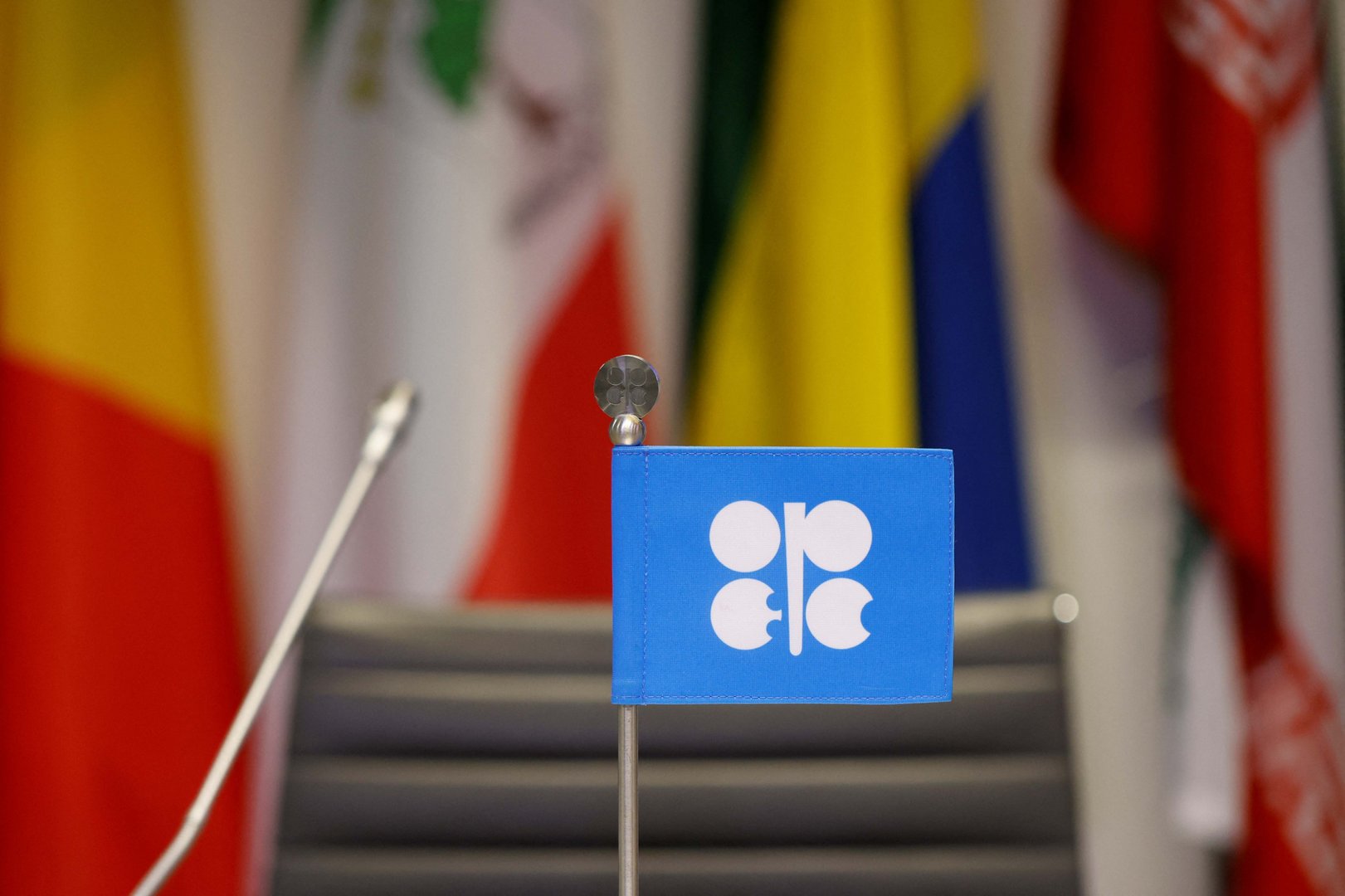By Andreas Charalambous and Omiros Pissarides
For more than a century, oil has retained its international position as the main source of energy, utilised, among other things, for fuelling vehicles, heating buildings, generating electricity and producing plastic.
Global oil production currently stands at approximately 90m barrels per day, with the Organisation of the Petroleum Exporting Countries (Opec) controlling 30 per cent and Saudi Arabia supplying around 10m barrels per day.
It is not an understatement to mention that the wellbeing of the planet still depends, to a decisive extent, on the decisions of oil-producing countries. Characteristic examples are the stagflation of the 1970s, due to the Arab embargo and the consequent tripling of the price of crude oil, but also the recent decisions of Opec, led by Saudi Arabia, to reduce production, in an attempt to prevent a further slide in international prices.
In this context, the following points may be cited.
Firstly, the most important driver of oil demand is population and prosperity growth, particularly of the middle-income classes in emerging economies, including China and India. Such demand is not expected to decline in the near future.
Secondly, the emission trading system, which imposes fees on activities that have a negative impact on the environment, such as oil production and consumption, is becoming increasingly important. Due to the adoption of increasingly stricter climate targets, pollutant emission fees are expanding at a fast pace and affecting extraction costs and oil prices. As a result, oil companies are cutting back on capital investment and exploration budgets for new fields.
Thirdly, although there is a tendency to replace oil with renewable energy sources, it is still in its early stages. In addition, the potential of utilising other conventional forms of energy, such as shale gas, produced mainly in the US, is still limited, due to the high cost and the problematic environmental footprint.
Fourthly, humanity is increasingly realising that the gradual withdrawal from oil requires time and adequate financing, especially during the adjustment period and more so for developing economies. International financial institutions, such as the IMF and the World Bank, will be called upon to play a leading role. Resources may also come from revenues of oil sales, as observed in the Kingdom of Saudi Arabia, which is partly financing its ambitious green transition plans in this way.
Ultimately, global developments in the oil market are characterised by uncertainty and are influenced by multiple factors, with different and opposing effects. Despite any observed reduction in demand, due to the penetration of renewable energy sources, oil prices are expected, in the short and medium term, to remain at high levels, due to the ongoing needs of emerging economies, the reduction in production and increased emission trading fees.
Based on the above, oil prices seem likely to continue to contribute to inflation. Over the coming months, a lot will depend on China’s oil demand, global economic growth and Opec+ member states’ compliance with the recently announced production cuts.
Andreas Charalambous and Omiros Pissarides are economists








Click here to change your cookie preferences